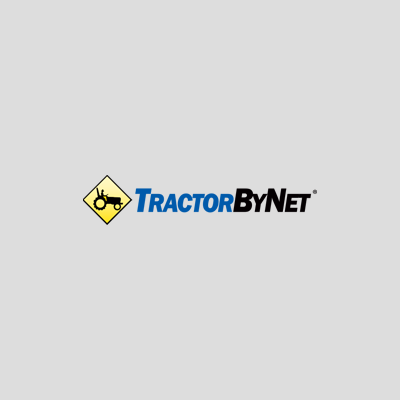m1garand762
Gold Member
What it should come down to is which brand has the best dealer. Would i have bought a Deere or Massey, he’ll yes if i didn’t have to waste a day to go to a decent dealer for parts or service. I bought a kubota because I have 5 great places within an hour and a half drive. If I bought a Deere it would be 2.5 hours one way and if I bought a Massey it would be 2 hours each way. I could have bought a new Holland but would have to go over 4 hours to find a good dealer. Kioti is out of the question for me I had one and sold it because I couldn’t buy parts in stock within a days drive each way they really need to improve there dealer network if they want to be a contender
